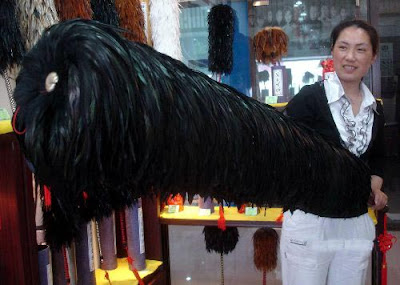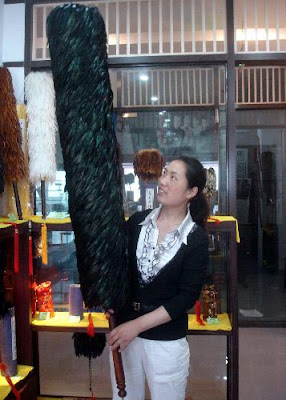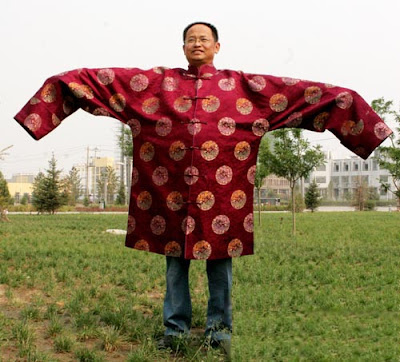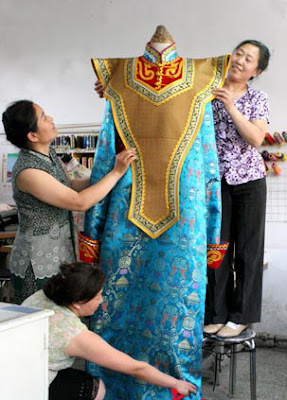 US scientists have successfully eased the symptoms of Parkinson's disease in monkeys with the help of human stem cell transplants.
US scientists have successfully eased the symptoms of Parkinson's disease in monkeys with the help of human stem cell transplants.
The researchers led by Dr. Richard Sidman at the Harvard Institutes of Medicine in Boston isolated stem cells from the brains of aborted foetuses, and grew them into large numbers in the laboratory.
They injected the cells into the brains of monkeys with a severe form of chemically induced Parkinson's disease.
Before the treatment, the monkeys could not walk unaided, struggled to use their hands, and sometimes were unable to move at all. However two months after the treatment, they started walking, feeding themselves, and move more normally.
It surprised the team that the stem cells - rather than replacing the damaged cells as anticipated - actually worked to protect them, preventing further deterioration.
"These results are from a very early stage pre-clinical trial using an animal model of Parkinson's," Dr Kieran Breen, Director of Research and Development for the Parkinson's Disease Society, however, cautioned, "Further trials are needed to establish whether similar results are seen in people who have Parkinson's." Source: Kerala | BBC | NS
 Like those on Seattlepi, we are also interested to know who is Gina?
Like those on Seattlepi, we are also interested to know who is Gina? 














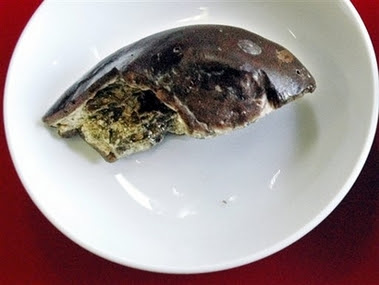
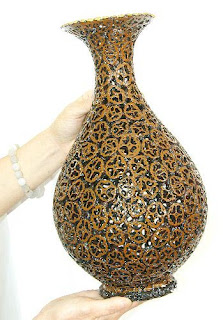
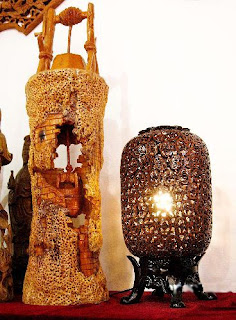




 Octopig is a silly name given to a multi-penised, six-legged, two-anused piglet recently borned to the Croatian farmer Ivica Seic. The pig was growing so fast that Mr. Ivica had decided to keep him as a pet. Hei, RC has posted
Octopig is a silly name given to a multi-penised, six-legged, two-anused piglet recently borned to the Croatian farmer Ivica Seic. The pig was growing so fast that Mr. Ivica had decided to keep him as a pet. Hei, RC has posted 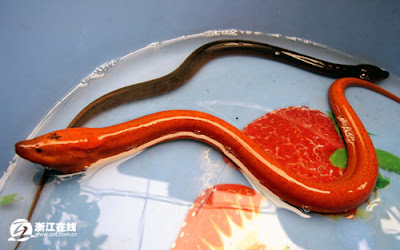
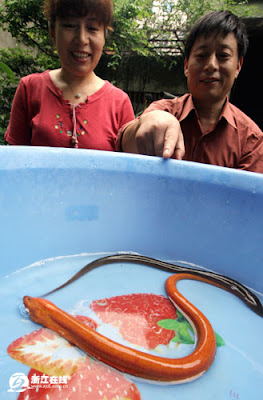
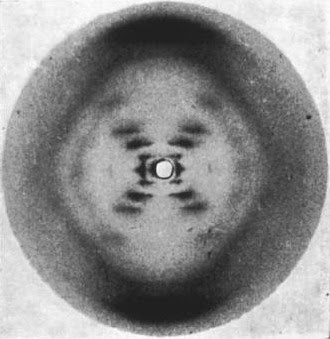
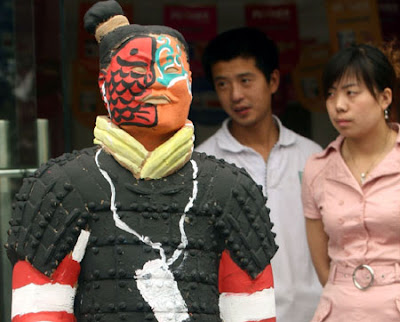




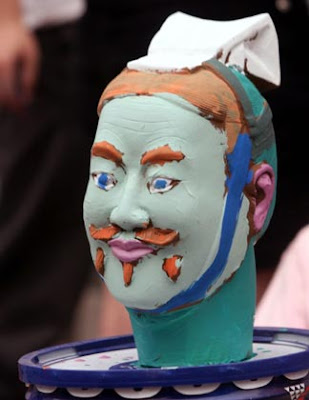
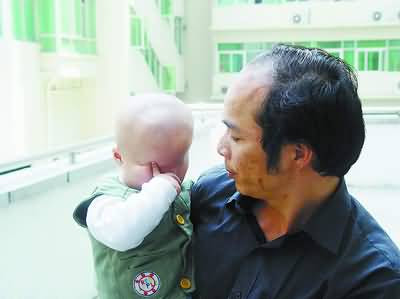

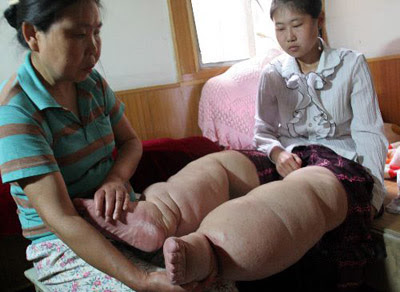
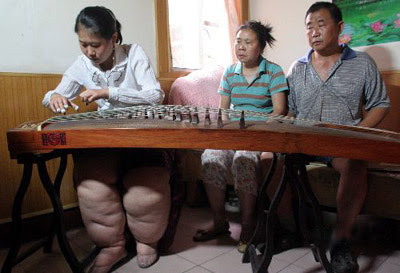



.jpg)
